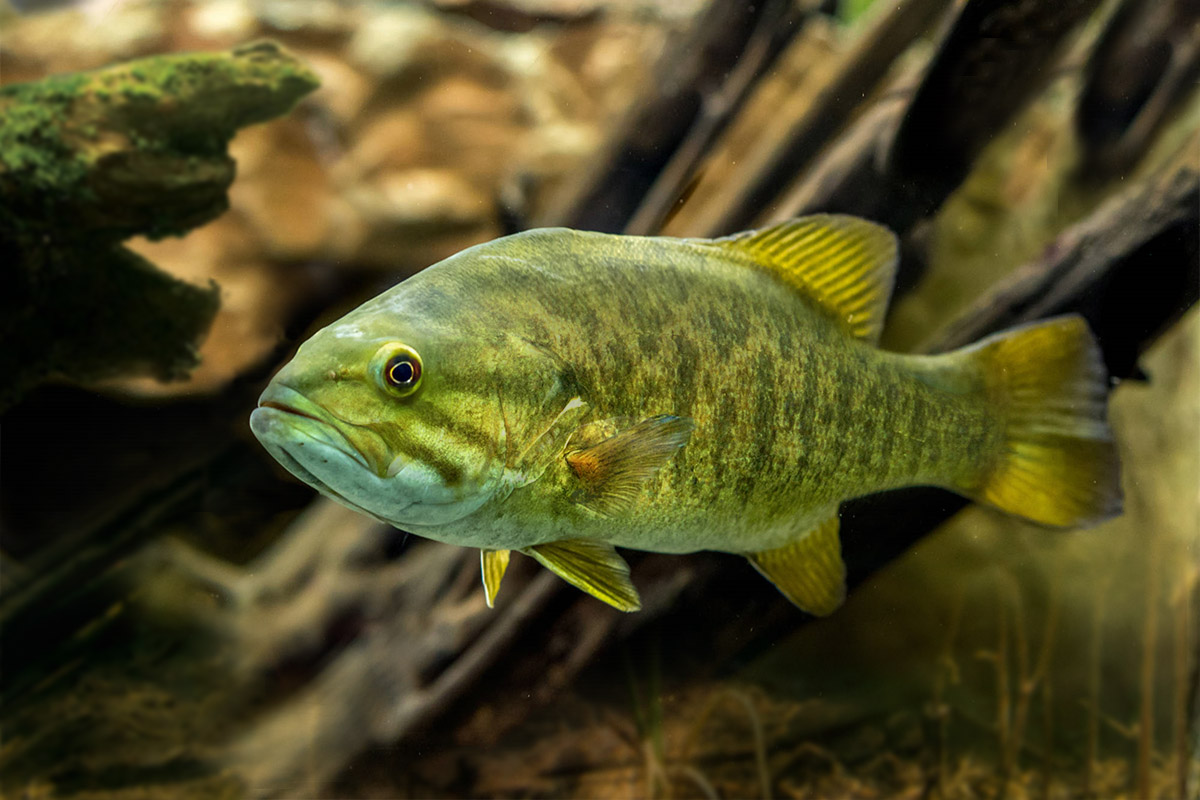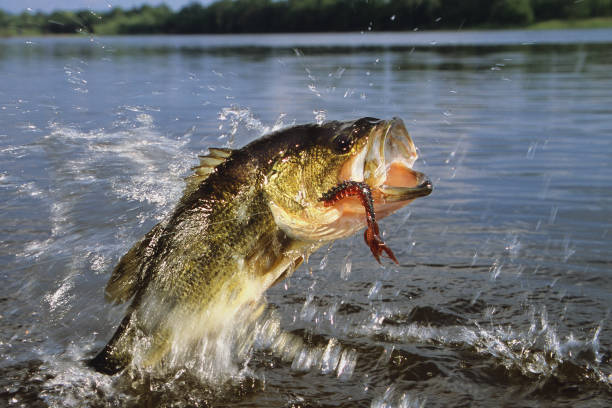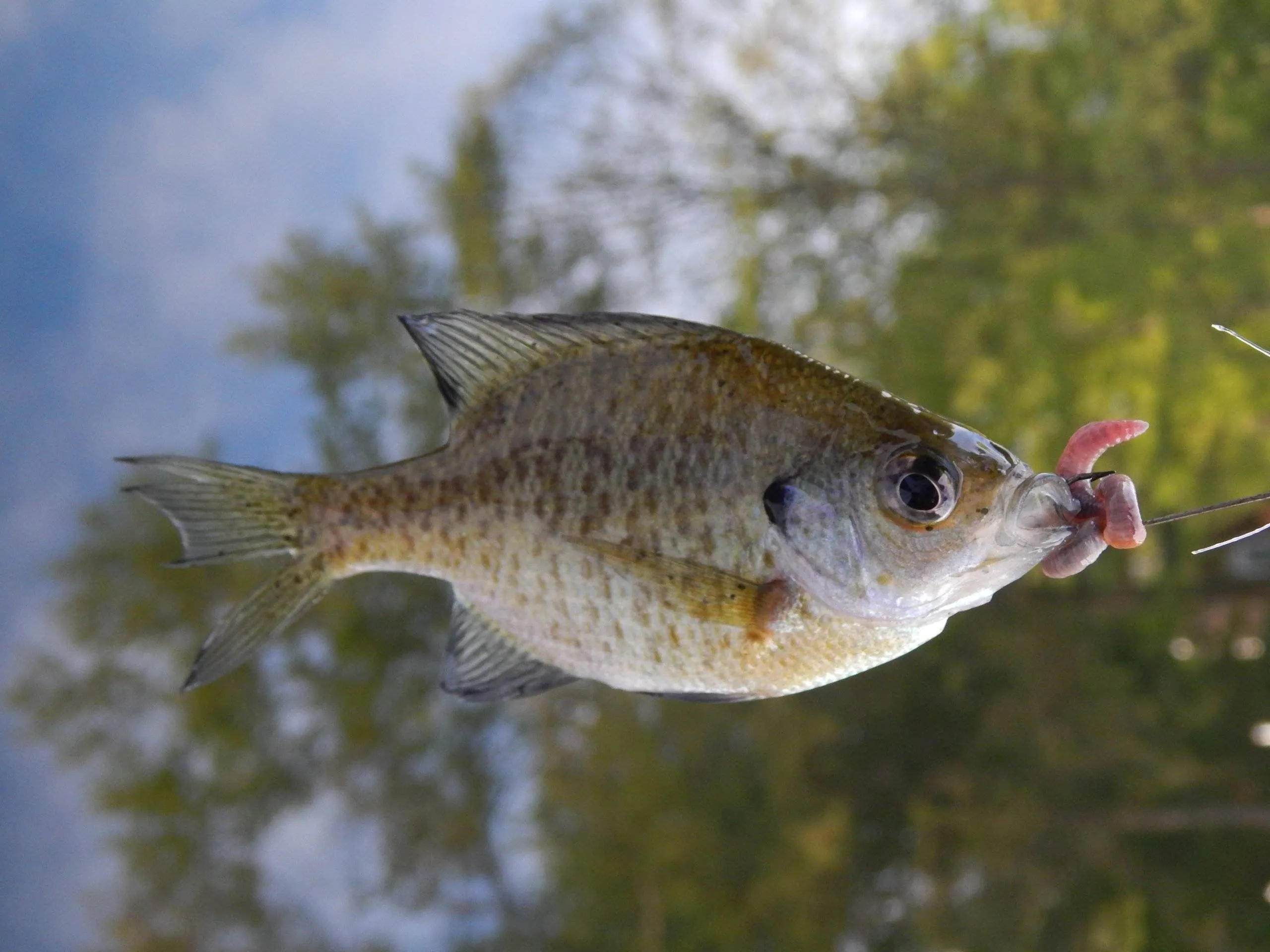Welcome to Fisherman.ca – Your Gateway to Canada’s Fishing Paradise
Whether you’re a seasoned pro or just picking up your first fishing rod, Fisherman.ca is your ultimate guide to experiencing the abundant and diverse fishing opportunities in Canada. From casting lines in serene lakes to taking on the rugged currents of the Atlantic, this is where your fishing adventures begin.
Not just a hobby, fishing is a way of life in Canada. With countless options for fishing charters, accommodations, and accessories, Fisherman.ca offers everything you need to plan and enjoy an unforgettable adventure. Let’s reel in what makes Canadian fishing so special and how Fisherman.ca can serve as your trusted companion on this exciting journey.
Why Canada is a Fisherman’s Paradise
A Nation of Unmatched Fisheries
Canada boasts a massive coastline, over 31,700 lakes, and countless rivers, making it a haven for anglers. Here’s a look at why Canada stands out:
- Saltwater Bounty: Explore Canada’s three coasts—Atlantic, Pacific, and Arctic—to reel in cod, halibut, lobster, and snow crab.
- Freshwater Thrills: From smallmouth bass in Ontario to trophy trout in Alberta’s pristine rivers, Canada’s freshwater fisheries are legendary.
- Unique Experiences: Dreaming of landing a monster pike or going ice fishing in winter? Canada offers a variety of exciting, lesser-known experiences year-round.
Whether you’re tracking salmon through British Columbia or enjoying fly-fishing in the Yukon, there’s no place quite like Canada.
A Tradition and Culture Rooted in Fishing
Fishing is deeply woven into Canada’s history and culture. The industry supports countless coastal communities, while recreational fishing is a cherished pastime for millions. At Fisherman.ca, we celebrate this heritage, highlighting incredible destinations, fishing stories, and tips to help you make the most of your experience.
How Fisherman.ca Helps Plan Your Perfect Fishing Trip
Organizing a fishing getaway can feel overwhelming, especially in a country as large as Canada. That’s where Fisherman.ca comes in. We make it easy to plan and enjoy every moment of your trip with these tailored features:
1. Fishing Charters
No boat? No problem! Discover a comprehensive list of charters:
- Classic Charters: Perfect for first-time anglers and families for a stress-free fishing day.
- Motor Yachts: Elevate your experience with a luxurious outing.
- Sailing Charters and Gulets: Ideal for those who want to combine fishing with Canada’s stunning seascapes.
Fisherman.ca’s booking system connects you with trusted local operators, so all you have to focus on is the thrill of the catch.
2. Fishing Resorts
Pair your fishing expeditions with world-class amenities at Canada’s top fishing lodges and resorts.
- Elegantly nestled by beautiful lakes and rivers.
- Equipped to provide guided fishing tours, premium accommodations, and even spa services for post-fishing relaxation.
Use Fisherman.ca to explore options that cater to every preference, from rustic cabins to luxury retreats.
3. Fishing Accessories
Having the right gear can make or break a fishing trip. Browse our guides to explore:
- Essential fishing equipment.
- Recommendations specific to certain fish species, like bass or trout.
- Accessories for every occasion, including ice fishing tents and trolling motors.
We ensure you’re prepared, whether you’re aiming for largemouth bass or deep-sea halibut.
4. Location Guides
Pick your adventure with state-specific fishing recommendations:
- Ontario: Known for its stunning lakes brimming with pike, walleye, and trout.
- British Columbia: The ultimate salmon fishing destination, highlighted by breathtaking natural beauty.
- Atlantic Provinces: Famous for lobster runs and deep-sea fishing.
- The Prairies: Hidden treasures for bass and crappie fishers in the heartland.
Simply select your province and city to narrow in on tailored recommendations for outings near you.
5. Expert Insights and Stories
Fisherman.ca isn’t just a booking platform—it’s a community. Learn from countless blogs filled with scout-worthy fishing stories, expert tips, and location guides. Read about:
- The best bait to attract smallmouth bass.
- Memorable pike ice fishing adventures.
- Fishing etiquette and sustainable fishing practices.
This is your one-stop resource for not just where, but how to fish like a pro.
The Community at Fisherman.ca
Beyond planning your trip, we nurture a tight-knit community of passionate anglers. Some exciting ways to connect and grow within the Fisherman.ca family include:
- Fishing Stories: Share your best catches and swap tips with fellow anglers from around the world.
- Interactive Features: Join live Q&A sessions with experts to refine your skills.
- Social Media and Updates: Stay up-to-date with the latest fishing permits, seasonal advisories, and exclusive deals by subscribing to our newsletter.
Have a great story or tip? Add your voice to our community and inspire others to make their next cast unforgettable.
Tips for a Successful Fishing Experience
Planning is only part of the equation—preparing effectively is just as important. Fisherman.ca’s experts recommend following these insider tips:
- Check Regulations: Every province has unique fishing rules, licenses, and quotas. Be sure you’re compliant.
- Understand Seasons: From spring bass to fall salmon runs, timing is everything. Seasonal guides on Fisherman.ca can help you choose your next adventure.
- Pack Smartly: Always carry backup gear, proper clothing, and a cooler for your catch to maximize your day on the water.
Preparation ensures every fishing trip becomes a lifelong memory.
Come Cast Your Line With Us
Canada’s fishing scene isn’t just about the bounty of its waters—it’s about adventure, connection, and the thrill of reeling in a big catch. Whatever your fishing goals, Fisherman.ca is here to help you experience them in a seamless, memorable way.
From booking charters to combing through expert advice, every angler is welcome here. Start planning your next epic fishing trip with Fisherman.ca today—because the catch and the adventure of a lifetime are waiting.
[Reserve Your Fishing Adventure Now ›]













